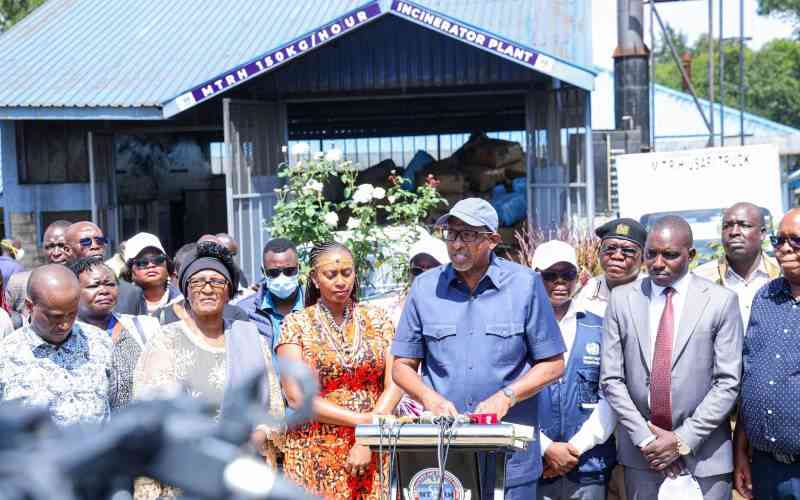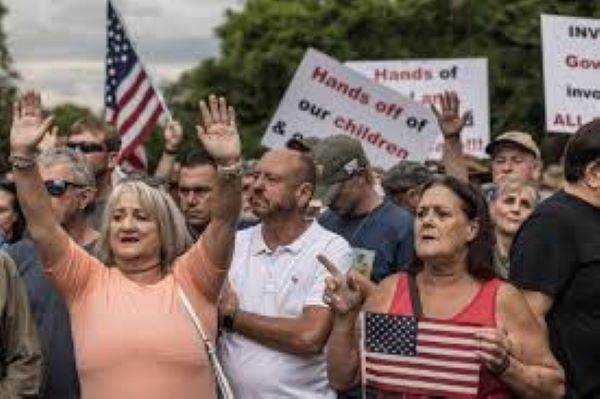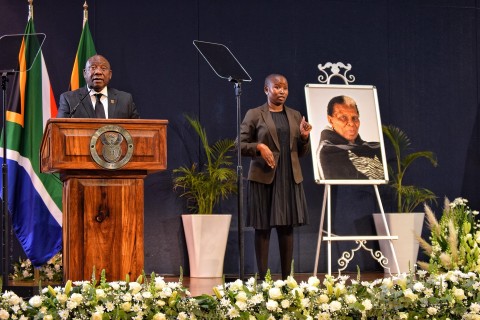South African 'Kill the Farmer' Song Controversy

A contentious chant, “Kill the Boer, kill the farmer,” has once again been thrust into the spotlight, following recent remarks by US leader Donald Trump and a subsequent defense by South African President Cyril Ramaphosa. The slogan, rooted in South Africa’s anti-apartheid history, has become a focal point in discussions about historical interpretation, freedom of speech, and ongoing land reform debates in the country.
President Cyril Ramaphosa addressed the controversy on Tuesday, clarifying that the chant, while provocative, should be understood within the historical context of the liberation struggle against the apartheid regime. He emphasized that it was not intended as a literal call to violence against farmers. “It’s not meant to be a message that elicits or calls upon anyone to be killed,” Ramaphosa stated, underscoring that South Africa’s constitution firmly protects freedom of expression. He dismissed suggestions that individuals using the chant should face arrest, citing court rulings that consider the slogan's historical context.
The issue gained renewed international attention after Donald Trump showed clips of an opposition politician chanting the slogan during tense talks with President Ramaphosa last week. Trump reportedly used this footage to support unfounded claims of an orchestrated campaign of violence and “white genocide” against white farmers in South Africa. He also questioned why the politician seen chanting, Julius Malema, had not been arrested, mistakenly identifying Malema as a member of the South African government.
Julius Malema, the vocal leader of the populist, Marxist-inspired Economic Freedom Fighters (EFF) party, has continued to use the “Kill the Boer, kill the farmer” chant post-apartheid, a practice that deeply infuriates many South Africans. Various groups have attempted to have the slogan banned as hate speech, but these efforts have often been countered by court considerations of its origins in the fight against white-minority rule. Malema's rhetoric extends beyond the chant; he has also been quoted in footage shown at the White House as saying, “We are going to occupy land, we require no permission,” further stoking anxieties.
These statements by Malema directly fuel claims, repeated by Trump, that South Africa’s revised land expropriation act will lead to the widespread seizure of white-owned farmland. President Ramaphosa has sought to reassure that the law, which includes a “nil compensation” clause, would not result in indiscriminate land grabs. He explained that this clause would only apply in exceptional circumstances, such as when landowners cannot be traced, are heavily indebted, or when the property is critically required for the public interest. Crucially, Ramaphosa highlighted that the revised law brings the judiciary directly into decisions regarding expropriation, ensuring a process that aims to be “just and equitable.”
Despite these assurances, the “nil compensation” provision remains contentious. The Democratic Alliance (DA), the country’s second-largest political party and part of the government of national unity, has initiated a legal challenge against this specific clause. The DA argues that the provision is open to abuse and could undermine property rights. The ongoing debate underscores the complex challenges South Africa faces in addressing historical injustices related to land ownership while upholding constitutional principles and ensuring economic stability.









